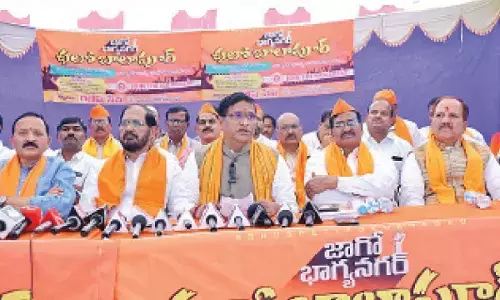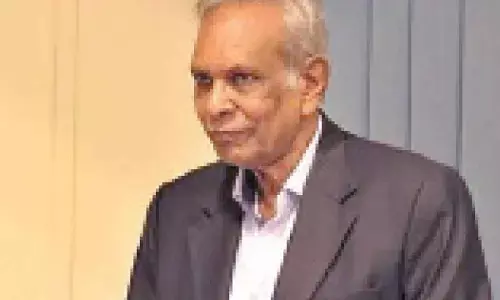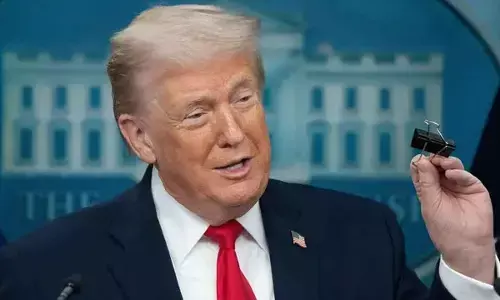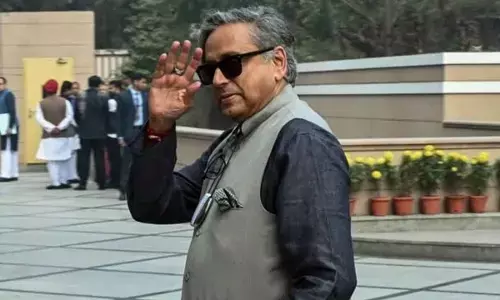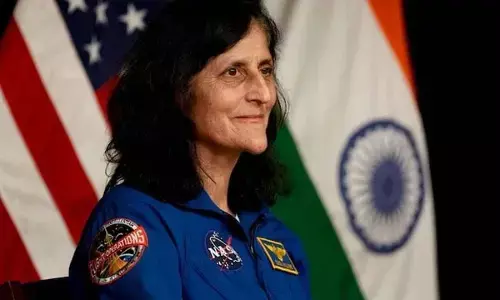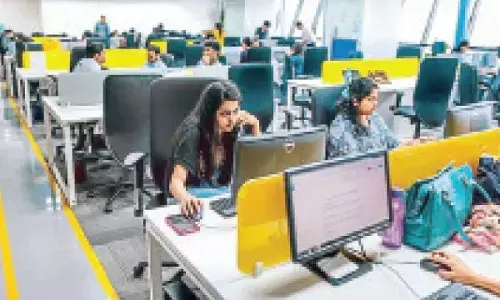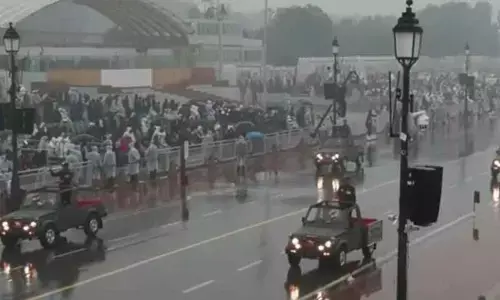Challenges to Freedom of press in India
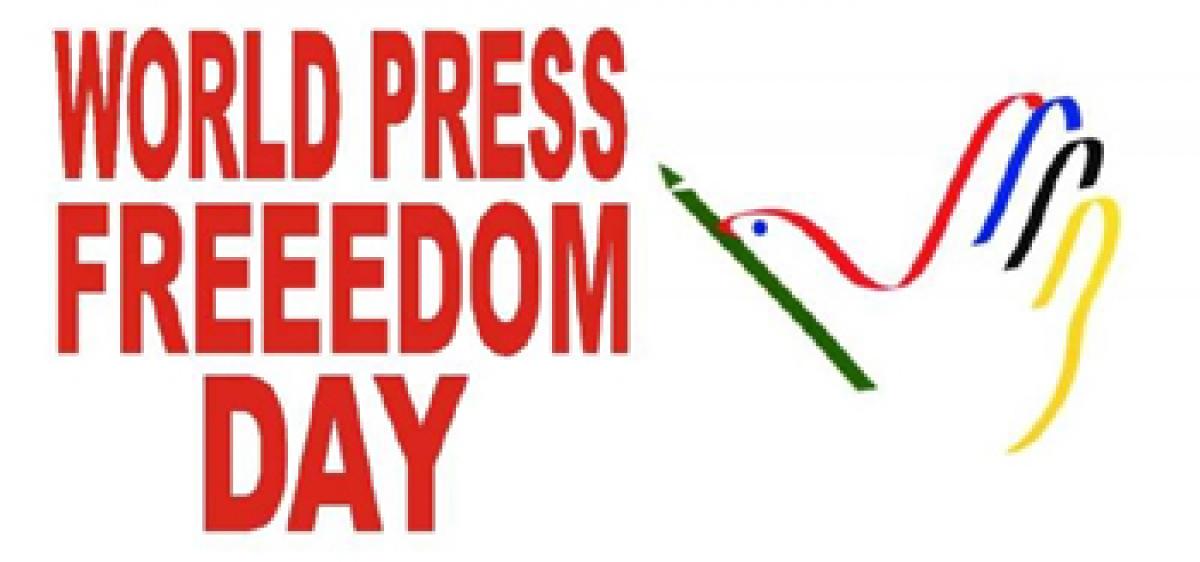
There are several challenges to the freedom of the press in India, including threats of violence from vested interests and pressure from political parties, experts have said, calling for greater involvement of civil society in cases pertaining to journalists.
There are several challenges to the freedom of the press in India, including threats of violence from vested interests and pressure from political parties, experts have said, calling for greater involvement of civil society in cases pertaining to journalists.
Talking to IANS on the issues concerning the media in India on the eve of World Press Freedom Day on May 3, the experts, including senior journalists, said that mediapersons also need to adapt to the new challenges by being more bold.
The World Press Freedom Day celebrates the fundamental principles of press freedom, assess the state of press freedom throughout the world, defends the media from attacks on their independence and pays tribute to journalists who have lost their lives in the line of duty.
It is observed on the anniversary of Declaration of Windhoek - a statement of free press principles put together by newspaper journalists in Africa during a Unesco seminar held in the Namibian city in 1991.
Sevanti Ninan, Editor, The Hoot, a website which undertakes research pertaining to the media to strengthen its independence, said there has been a decline in press freedom in the last few years.
“The greater vulnerability is for journalists in districts and small towns. One reason for this that many of them are now using RTI to investigate local scams and they pose a threat to the powerful in government and in politics,” Ninan told IANS.
She cited instances of death of three journalists covering investigative stories over the last year and said there should be a law guaranteeing press freedom, which is different from free speech.
She said committees comprising journalists and civil society members should be kept informed of police action against journalist.
Ninan said the media community in India has been remiss in protecting its counterparts in the regional press.
“There is no pressure group at the national level which maintains pressure on the central and state governments in cases regarding journalists. The Editors Guild and other bodies are not really proactive in this regard. The Press Council publishes reports, but they have no impact,” she said.
Ninan said that it states like Chhattisgarh, where the state is battling Maoists, journalists who try to report on incidents involving the ultras were becoming victims of state oppression.
“There have been four arrests of journalists in Chhattisgarh since july 2015,” Ninan said.
She said the other issue is defamation. “The state government of Tamil Nadu is very active in filing defamation cases against journalists. There have been several already this year,” she said.
Ninan said threats to editorial independence “come from proprietors and advertisers among others” while physical threats come from a variety of sources including the state police.
Senior journalist and political commentator S. Nihal Singh said the political atmosphere was not very conducive to freedom of press.
“There are the usual suspects in terms of the bureaucracy being overzealous on occasions. That is one danger and the other is that the whole climate is not really conducive to press freedom. Because, if you narrow down the national ideal to things like 'Bharat Mata Ki Jai' and other things in a similar vein, you are constricting the room for free opinion,” he said.
Nihal Singh said "there was greater amount of self-censorship in India today than before the BJP came to power."
“In the current instance, it is not so much what you do but what you imply. So in overall terms I think, the outlook is not so bright,” he said.
Nihal Singh also said that media was not writing as forthrightly as it normally does or it can do.
“Because if you feel these are vindictive characters in power, you would want to be on the safe side. (There is) that impulse,” he said, adding that journalists themselves have “to pull up their socks because there is no substitute for journalists standing up.”
Senior journalist and political commentator Kuldip Nayar said the terms of employment of journalists have changed and this "does not allow journalists to be free". The "sword of the contract system hangs over the head of journalists," he said.
Nayar said there were attempts to politicize the news and evils such as “paid news” had cropped up.
He said journalists should make use of tools of such as RTI and face the challenges boldly.
A.S. Narang, who taught political science at IGNOU, said civil society should be more vocal in taking up cases of journalists who face any form of state pressure.


